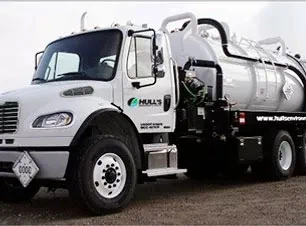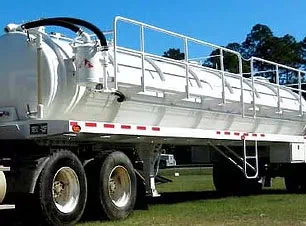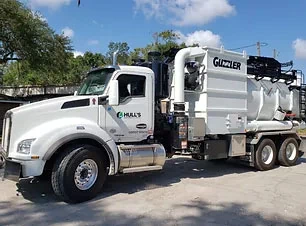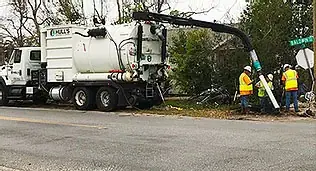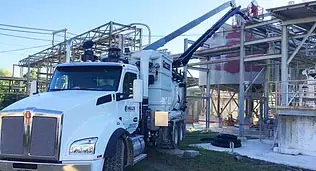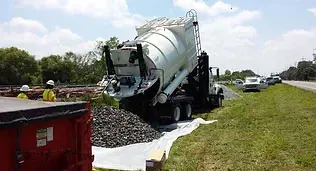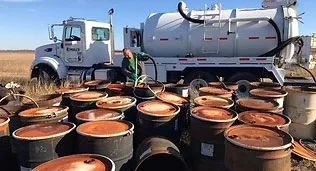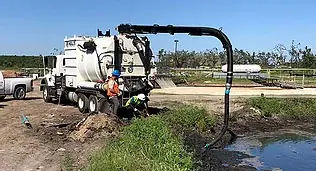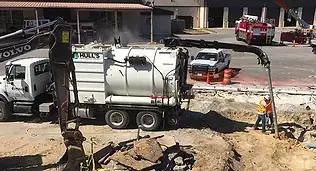Vacuum trucks and tankers are the workhorses of the environmental services industry. With varying load capacities, product types, vacuum power, dumping capabilities and industry-specific modifications, their use is practical and effective for a variety of industries and applications. Vac truck services vary widely and are typically in high demand. Hull’s maintains a fleet of vacuum trucks and tankers in Florida, Georgia, Tennessee, Texas and Oklahoma serving the southeast and south central United States.
Our industrial vacuum truck services are second to none in the industry, and we’re proud to serve as one of the top vacuum truck companies in the country. Whether you’re in need of emergency spill response, routine maintenance or specialized cleaning services, our vacuum trucks are equipped to handle any job with precision and efficiency.
Contact our team today to learn about how Hull’s can assist you with all your vacuum truck service needs!
We’ll Match Your Needs to the Right Industrial Vacuum Equipment
Hull’s owns and operates a fleet of 3,000, 3,300 and 5,000 gallon vacuum trucks and vacuum tankers that are designed and built to remove and transport both hazardous and non-hazardous dry solids, wet product, liquids and sludge.

